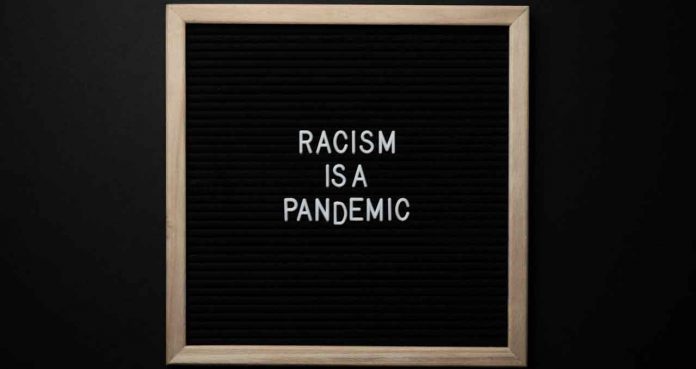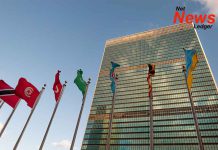VICTORIA – Improved access to tools and resources for combating racism and fostering inclusive communities is on the horizon, as the B.C. Multiculturalism and Anti-Racism Grants program provides support to 60 organizations.
“Racism and discrimination are pervasive issues, and many people in this province continue to suffer from hate,” said Niki Sharma, Attorney General. “It is heartening to witness numerous organizations taking a stand against racism and striving to make B.C. a more welcoming place.”
Around $300,000 will be distributed among 60 community-based organizations for projects aimed at dismantling systemic racism, addressing hate incidents, and supporting racialized communities across B.C.
The Historic Joy Kogawa House Society in Vancouver has received funding to host secure, bi-weekly writing circles for queer and Asian writers, enabling them to create written work for publication.
Ann-Marie Metten, Executive Director of the Historic Joy Kogawa House Society, explained the importance of these circles, particularly for 2SLGBTQ+ Asians who experience multiple layers of trauma. She expressed enthusiasm about the creative work that will result from these in-person meetings.
The Nechako Healthy Community Alliance Society in Vanderhoof has also received funding to produce videos, podcasts, and written content that showcase life as a racialized person in northern B.C., as well as ways to combat racism in the community.
Sylvia Byron, from the Nechako Healthy Community Alliance Society, emphasized the importance of inspiring people to transition from passive bystanders to active, engaged community members who can prevent racism and hate.
Mable Elmore, Parliamentary Secretary for Anti-Racism Initiatives, commented on the ongoing discrimination faced by Indigenous, Black, and people of colour in society. She highlighted the importance of these grants in supporting grassroots organizations as they work to address systemic racism and build a more inclusive province.
Funding priority is given to applications from racialized and marginalized groups. Projects must commence by March 1, 2023, and conclude by March 31, 2024.
The B.C. government is also undertaking several other actions to create a safer, more inclusive province for all, including:
- Allocating funds for anti-racism initiatives like the Resilience BC Anti-Racism Network and the Multiculturalism and Anti-Racism Awards;
- Reestablishing the B.C. Human Rights Commission;
- Launching the K-12 Anti-Racism Action Plan to provide resources for students, teachers, and parents;
- Enacting the Anti-Racism Data Act to identify and address program and service inequities; and
- Planning to introduce broader anti-racism legislation in 2024.
This year, the government will announce research priorities under the Anti-Racism Data Act, developed in collaboration with Indigenous governing entities and the Anti-Racism Data Committee. This will ensure that data collection focuses on the most relevant areas for those impacted by systemic racism.







